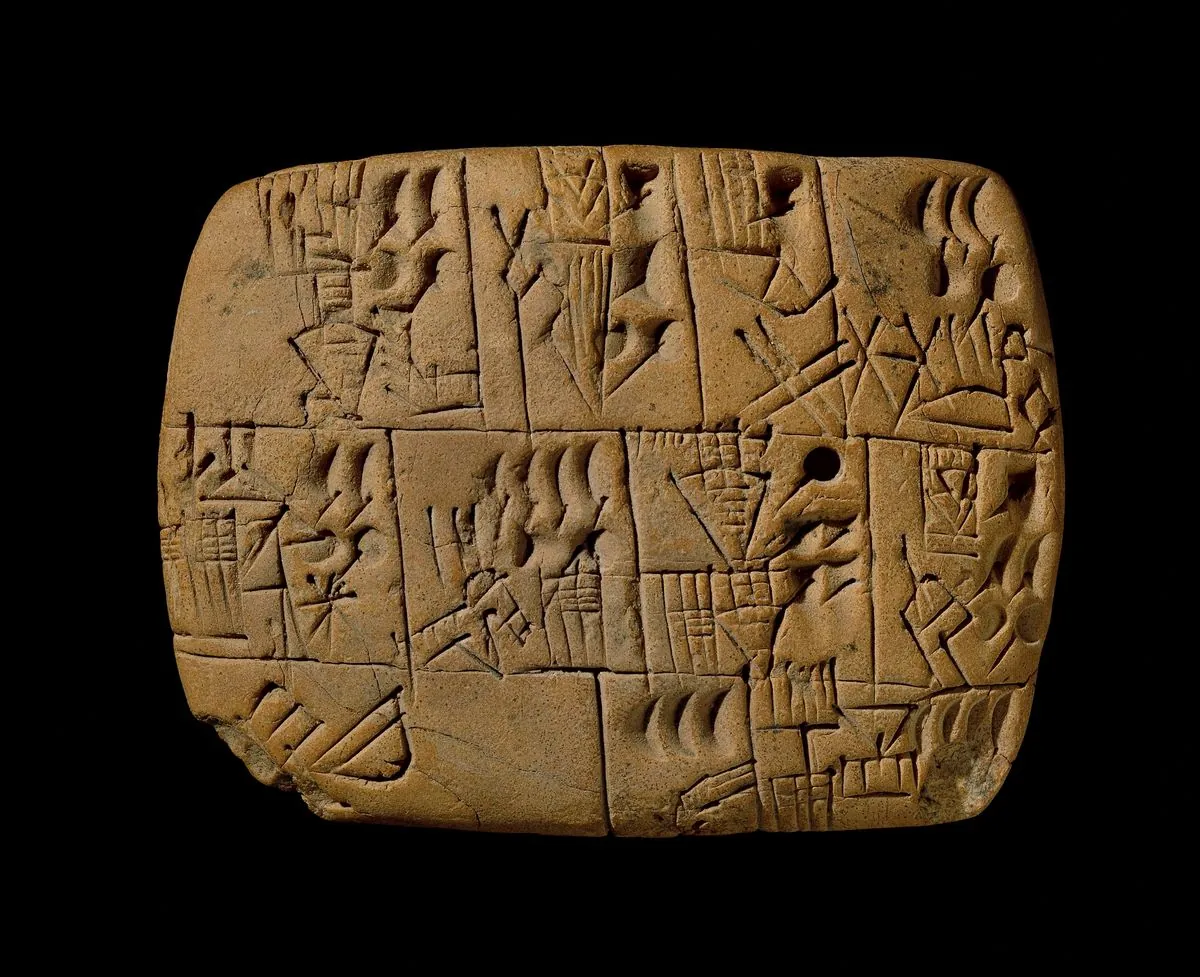In an era dominated by digital devices, Roland Allen's "The Notebook: A History of Thinking on Paper" offers a captivating journey through the evolution of paper-based organization and its profound impact on Western civilization. This comprehensive exploration spans from antiquity to the present day, highlighting the notebook's role in shaping intellectual, economic, and creative landscapes.
Allen's narrative begins with the transition from clay tablets and papyrus scrolls to paper, a revolutionary material that transformed record-keeping and creative processes. The introduction of paper in late medieval Europe marked a significant shift in commerce and art. Merchants quickly recognized paper's advantages over parchment, as it prevented fraud and allowed for more reliable record-keeping. This development facilitated the expansion of trade networks and improved business practices.
The art world also experienced a renaissance with the availability of affordable paper. Allen explains how sketchbooks became essential tools for artists to develop their skills, capture observations, and create portfolios. He emphasizes the importance of repeated drawing practice in mastering techniques such as perspective, proportion, and capturing likenesses.
The author delves into the various iterations of notebooks throughout history, including the Italian zibaldone, Dutch friendship books, and the concept of "waste books." These early forms of notebooks served diverse purposes, from personal anthologies to social records and scientific explorations.
Allen highlights notable notebook users, such as Isaac Newton, who repurposed his stepfather's notebooks for groundbreaking scientific work, and Samuel Pepys, famous for his detailed diaries. The author also recounts the dramatic tale of Nicolas Fouquet and Jean-Baptiste Colbert, illustrating how notebooks played a crucial role in political intrigue during Louis XIV's reign.
"It would equip him for investigations into color, optics, medicine, navigation, phonetics, language, the laws of physics and the torments of his soul."
The book explores the significance of notebooks across various fields, including science, literature, and commerce. Allen discusses the contributions of figures like Charles Darwin, Agatha Christie, and Luca Pacioli, demonstrating how notebooks facilitated their groundbreaking work.
In the final chapters, Allen emphasizes the enduring relevance of notebooks in the digital age. He argues that the physical act of writing on paper creates a unique connection between "head, heart, and hand," a concept championed by the Arts and Crafts movement.
While primarily focused on Western developments, Allen's work provides a comprehensive and engaging history of the notebook. His witty prose and anecdotal approach make complex historical information accessible and entertaining. As we reflect on the 570 years since the printing of the Gutenberg Bible, the first major book printed with movable type in Europe, we are reminded of the lasting impact of paper-based communication on human thought and progress.
"The Notebook" serves as a testament to the enduring power of putting pen to paper, even in our increasingly digital world. As we consider that the average person uses about 700 pounds of paper products annually, it's clear that despite technological advancements, the humble notebook continues to play a vital role in our lives and creative processes.
